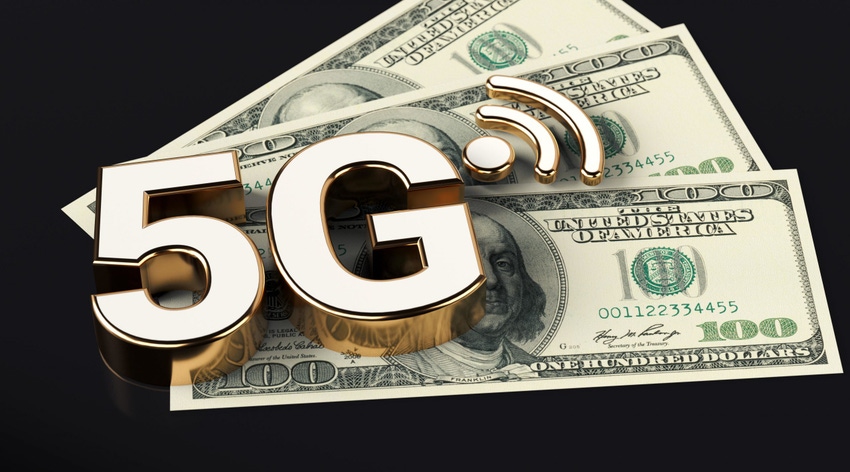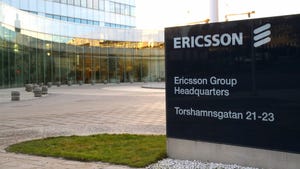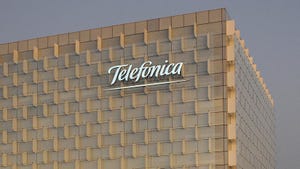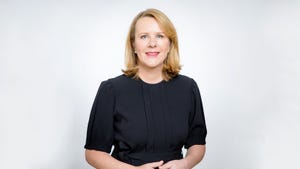Recently-merged Malaysian telco CelcomDigi hopes to save as much as $1.4 billion over the next three years.
May 26, 2023

Recently-merged Malaysian telco CelcomDigi hopes to save as much as $1.4 billion over the next three years.
Alongside the publication of its first quarter financials, the operator shared its network integration and synergy targets. In the coming three years it aims to decommission around 7,000 sites and build 2,000 new ones, leaving it with 16,000-18,000 in total. At the same time, it aims to increase its 4G population coverage from 96% to more than 98%, and accelerate average download speed to at least 45 Mbps.
The network integration programme is expected to generate synergies of $1.2 billion, with another $237.8 million of savings coming from IT integration.
“We are accelerating integration efforts across the board, focusing on bringing the benefits of the merger to our customers in the shortest time possible,” said Celcom CEO Datuk Idham Nawaw, in a statement on Wednesday. “Organisational integration efforts are on-track, and the company has been operating as a single-entity since Day 1, with a single management team and sharp focus on bringing the best of both brands with improved offerings, network and retail experiences to our 20.2 million customers.”
As for the first quarter financials, they are looking healthy enough. Revenue came in at RMB3.18 billion, up 4.3% year-on-year on a comparable basis. Service revenue inched up 0.9% to RMB2.67 billion, while EBITDA grew 3.4% to RMB1.51 billion.
Despite the positive start for the newly-merged entity, it feels somewhat jarring in 2023 for an operator to wax lyrical about its 4G ambitions when talk these days is dominated by 5G.
This stems mainly of course from Malaysia’s unconventional – and frankly quite confused – approach to rolling out 5G. In an effort to avoid saddling operators with spectrum licence fees, and to prevent network duplication and its associated costs, in 2020 Malaysia adopted a shared wholesale network model. Ericsson was chosen as the sole supplier, and the idea was that it would deploy nationwide infrastructure that all operators could use to offer 5G services.
Years of painful negotiations followed, culminating in the government offering to sell 70% of the network – called Digital Nasional Berhad (DNB) – to the country’s telcos. They finally agreed – some more grudgingly than others – terms to access the network in October last year.
And then earlier this month, Malaysia’s new administration decided a second national wholesale 5G network is needed in order to compete with DNB, and offer a degree of redundancy in case something happens to the first one.
The deployment could start as soon as January next year, by which point DNB’s network is expected to have reached 80% population coverage.
CelcomDigi is all in favour of a second network. Following the government’s announcement, the operator said it would cancel its plan to buy its stake in DNB, freeing it up to participate fully in the creation of shared network number two, including equity participation.
Local press reported at the time that Telekom Malaysia and Maxis are also on board with the idea.
Let’s hope the new shared network has an easier gestation period than the first, otherwise the Malaysian 5G market will have to endure several more years of shambolic uncertainty.
Get the latest news straight to your inbox. Register for the Telecoms.com newsletter here.
About the Author(s)
You May Also Like







.png?width=300&auto=webp&quality=80&disable=upscale)

.png?width=300&auto=webp&quality=80&disable=upscale)
_1.jpg?width=300&auto=webp&quality=80&disable=upscale)



.png?width=800&auto=webp&quality=80&disable=upscale)